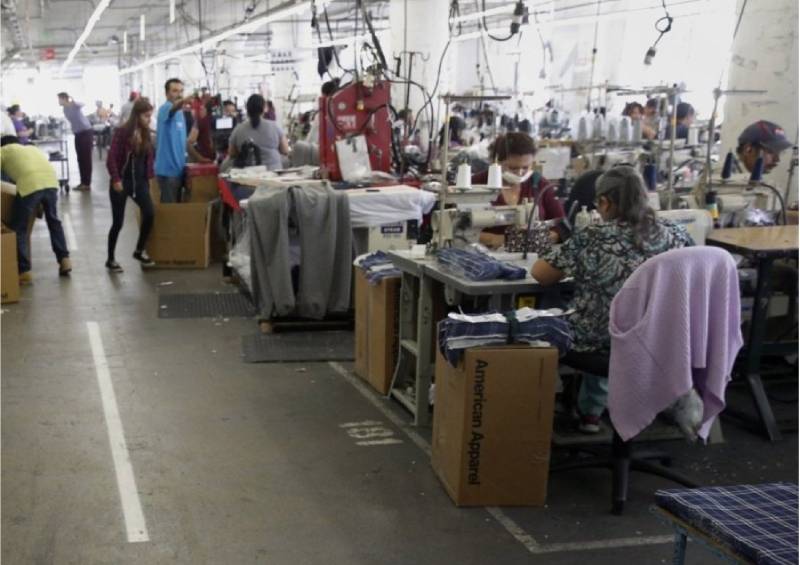US Senator Kirsten Gillibrand Reintroduces ‘FABRIC’ Act

US Senator Kirsten Gillibrand has reintroduced the Fashioning Accountability and Building Real Institutional Change (FABRIC) Act to support domestic garment manufacturing and combat subminimum wages.
Senator Gillibrand’s FABRIC Act seeks to offer protection to nearly 100,000 US apparel workers while at the same time rejuvenate the domestic apparel production industry.
The FABRIC Act is structured around four fundamental pillars, which includes combating subminimum wages by reforming piece-rate pay structures to ensure minimum wage in addition to productivity incentives.
Another pillar seeks establishing new liability measures that compel major retailers to become allies in combating workplace violations.
The Act also wants to introduce transparency measures and also create a domestic garment manufacturing support programme designed to revitalise the industry in the US.
The bill claims the US garment industry workforce has met with significant setbacks, losing over $23 billion annually due to surging imports from China.
The Act notes that clothing imports from China have climbed eight times compared to those recorded in the 1980s.
It also stressed that while the US lost 700,000 garment manufacturing jobs between 1995 and 2020, China added around 1.25 million jobs in apparel manufacturing in the same period.
The Act also claimed that the global fast fashion industry often prioritises profit margins over the welfare of workers.
It goes on to say abuse has been disproportionately borne by women, people of colour, and immigrant workers, who have endured unsafe working conditions, wage theft, and piecework pay.
“I am reintroducing the FABRIC Act to thread the needle of protecting workers’ rights and putting an end to the misuse of piece-rate pay,” Senator Gillibrand said while emphasising the importance of this legislation.
He also added that the Act will create investments in domestic garment manufacturing and protect the garment workforce.














